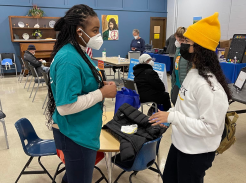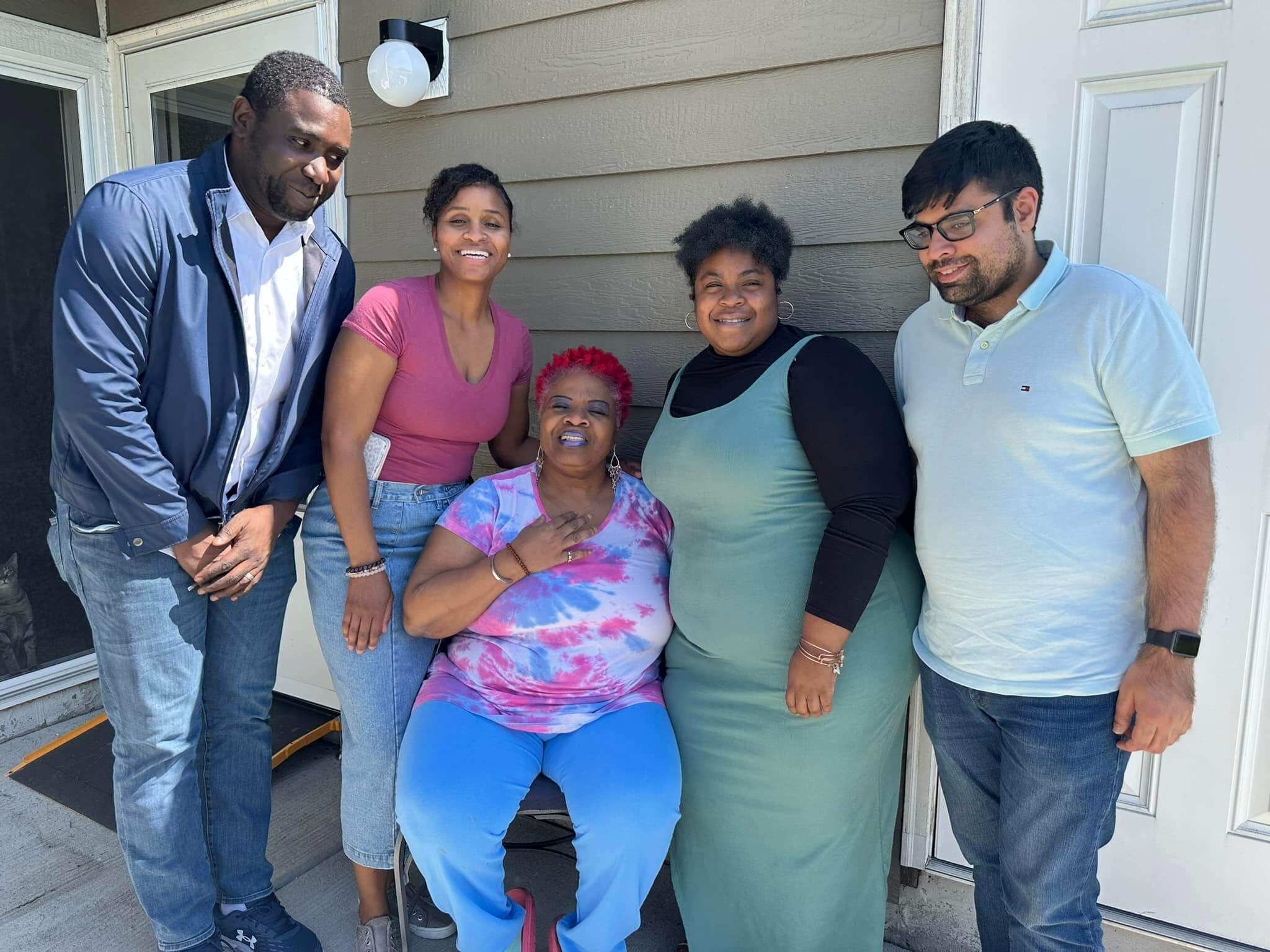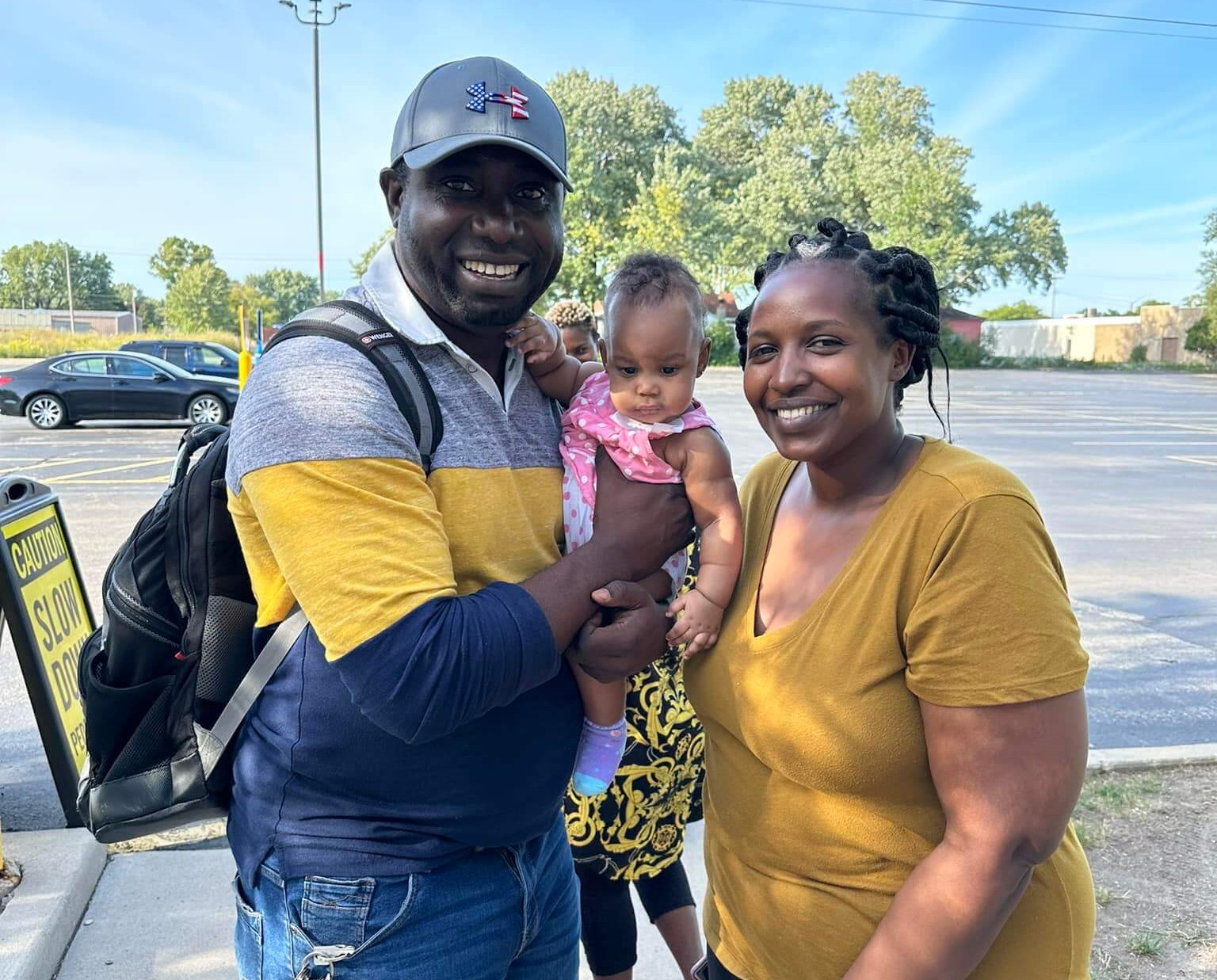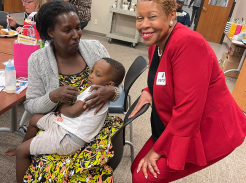Social Connection
Social isolation and loneliness are significant challenges that affect individuals of all ages and backgrounds. They can have profound impacts on mental and physical health, highlighting the importance of fostering connections and support networks within communities. This article explores the signs of social isolation and loneliness, ways to seek support, risk factors, tips for staying connected, and introduces Pointters Community Initiatives' (PCI) Social Connection programs designed to combat these issues.
Learn the Signs and How to Get Support
Signs of Social Isolation
- Reduced Social Contact:
Limited interaction with family, friends, or community members.
- Feelings of Loneliness:
Persistent feelings of emptiness or disconnectedness.
- Loss of Interest:
Decreased interest in activities once enjoyed.
Signs of Loneliness
Signs of Loneliness
- Emotional Changes:
Increased sadness or anxiety.
- Physical Symptoms:
Fatigue, headaches, or changes in appetite.
- Negative Self-Perception:
Feeling unworthy of social connections
How to Get Support
- Reach Out:
Initiate conversations with friends or family members.
- Seek Professional Help:
Consult therapists or counselors for guidance.
- Join Support Groups:
Participate in community or online support groups.
How Can You Know Your Risk for Loneliness and Social Isolation?
Risk Factors
- Life Transitions:
Moving to a new city, retirement, or loss of a loved one.
- Health Conditions:
Chronic illness or disability affecting mobility.
- Lack of Social Support:
Limited access to family or friends.
Assessing Your Risk
- Self-Reflection:
Evaluate your social interactions and emotional well-being.
- Health Assessments:
Discuss concerns with healthcare providers for personalized insights.
Tips for Staying Connected
Strategies to Combat Social Isolation
- Maintain Relationships:
Schedule regular calls or visits with loved ones.
- Explore Community Activities:
Join clubs, classes, or volunteer groups.
- Utilize Technology:
Stay connected through social media or video calls.
Enhance Emotional Well-being
- Practice Self-Care:
Engage in activities that promote relaxation and reduce stress.
- Set Goals:
Establish achievable goals for social engagement and personal growth.
Community Volunteer Programs
PCI's Community Volunteer Programs provide opportunities for individuals to contribute to their community while fostering meaningful connections. Volunteers can:
- Support Local Initiatives:
Assist with community events, fundraisers, or outreach programs.
- Engage with Others:
Build relationships with fellow volunteers and community members.
- Make a Difference:
Contribute to positive social change and community development.
Community Hubs
Our online Community Hubs serves as a central gathering place for individuals seeking social interaction, support, and resources. It offers:
- Workshops and Events:
Attend educational workshops, social gatherings, and cultural events.
- Resource Center:
Access information on local services, mental health support, and wellness programs.
- Peer Support:
Connect with others facing similar challenges in a welcoming environment.
Caregiver Training and Support
PCI's Caregiver Training and Support programs provide essential resources and guidance for caregivers, addressing the challenges of caregiving while promoting self-care and well-being. Services include:
- Educational Workshops:
Learn caregiving skills, stress management techniques, and communication strategies.
- Peer Support Groups:
Connect with other caregivers to share experiences and receive emotional support.
- Respite Services:
Access temporary caregiving assistance to prevent burnout and promote caregiver health.
Social isolation and loneliness can have profound effects on individuals' well-being, highlighting the need for supportive communities and proactive strategies. By recognizing the signs, assessing your risk factors, and utilizing resources like PCI's programs, individuals can cultivate meaningful connections, enhance emotional resilience, and improve overall quality of life. Together, we can create inclusive communities where everyone feels valued and supported.






